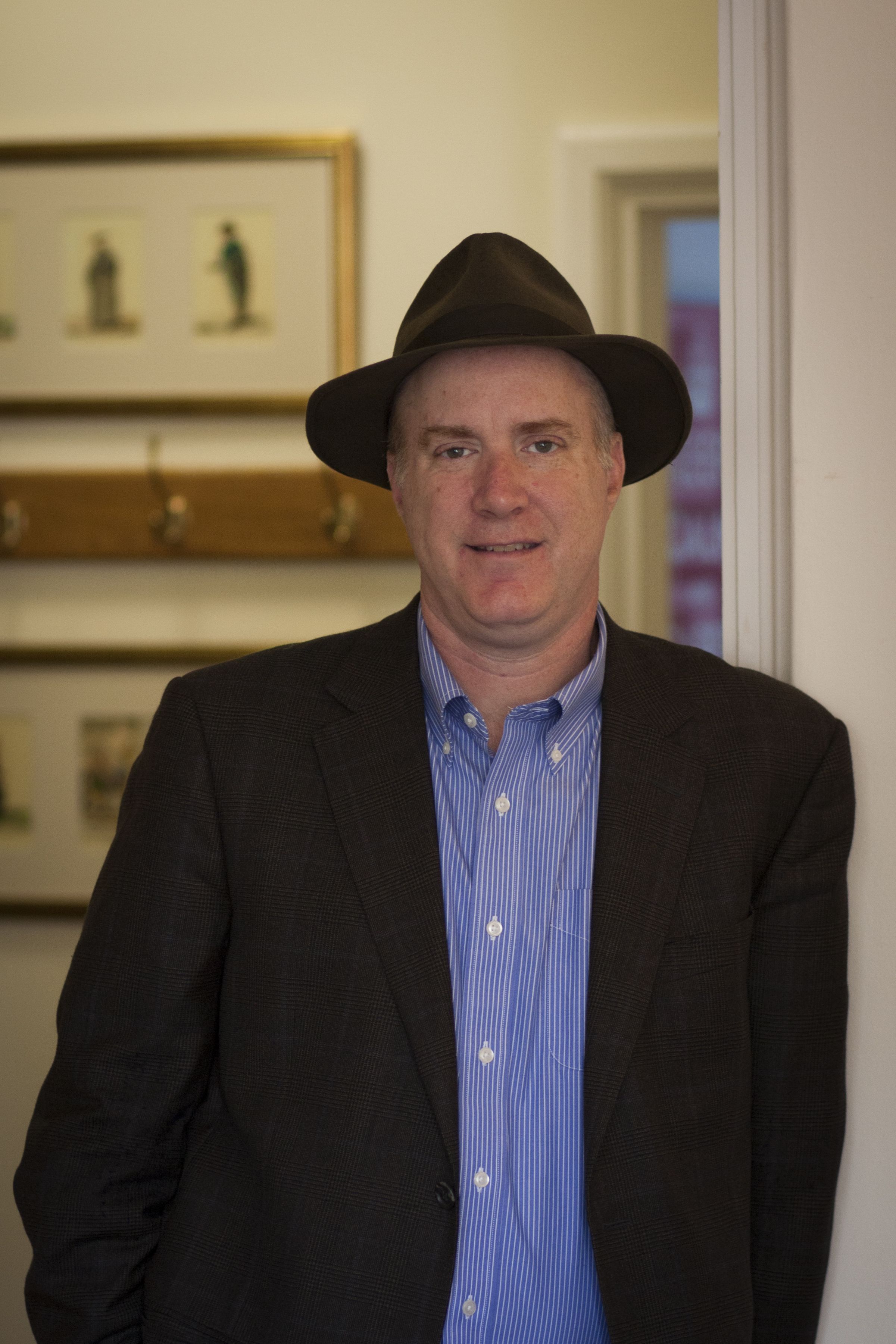 Brasenose management fellow Chris McKenna shares some thoughts taken from his forthcoming history of white-collar crime.
Brasenose management fellow Chris McKenna shares some thoughts taken from his forthcoming history of white-collar crime.
Anyone astonished by American scammer Bernie Madoff’s Ponzi scheme, recently dramatized in various TV treatments, the collapse of US utility giant Enron back in 2001, or more recently the VW emissions-rigging scandal and LIBOR banking disgrace, will immediately be drawn to the research of Chris McKenna.
The inaugural fellow of management at Brasenose since 2000, McKenna is currently researching the history of white-collar crime, which will form the basis of a new book.
He says that he has uncovered several central themes, one of them that there is a tendency of even highly intelligent people to connive in an enterprise that apparently benefits them even though it might not feel ‘right’ – such as Madoff’s Ponzi scheme. “People thought they were ‘in on it’, when in fact they were the victims of it.”
Another theme is that a new industry or sector in business is invariably followed by scandal, because criminals exploit the absence of regulation common to new sectors. Cyber fraud falls squarely into that bracket, and we are living through its natural emergence right now.
McKenna is planning a narrative that will begin with the origins of the South Sea Bubble in the 17th century and cover various types of white-collar crime right up to the present. Examples will be comparative and international, with a bias towards the dominant capitalist (and scandal-prone) American and British economies. One of the deeper themes of McKenna’s book, Partners in Crime, is the broad continuity between the crimes committed and the novel forms of crime that follow because of the unintended consequence of regulation. “This is a sequence of behaviour that you encounter, again, and again,” he notes, as an example citing the first use of a ‘tax haven’, in Bermuda, in the 1930s in order to minimize American taxes in the aftermath of the Ivar Kreugar scandal, the infamous Swedish ‘Match King’ whose global empire collapsed in the Great Depression.
McKenna’s interest in white-collar crime stems partly from his multi-prize winning book, The World’s Newest Profession: Management Consulting in the Twentieth Century (Cambridge University Press, 2006). A central theme of that book was the role of banking regulation in spawning a vast, highly paid, white-collar elite that emerged from accountancy to create the quasi-profession of management consulting – in the 1930s, the 1950s, and again in the 1990s and beyond. If we can conceive, as McKenna does, of management consulting as much as a product of “regulatory politics [than] as a permanent feature of the knowledge economy,” then it helps to explain why consultants – many drawn from Ivy League and Oxbridge universities - have remained uneasy about their status.
Undergraduates lured by banking or consulting, yet queasy about ‘what it means’, could do worse than read McKenna’s book. They might emerge with a different goal, namely, to be a manager in a real business.
Originally graduating from Amherst College in Economics, McKenna is that rare breed of scholar who worked on Wall Street as an analyst before realizing his true vocation as an historian. Situated in the vortex of our own age of scandal and crash, he is uniquely qualified to do the deep research that the media cannot, and stands by his view that scholars should tenaciously pursue long-term research projects in an era of instant gratification and media half-truth.
Professor Christopher McKenna is Brasenose College’s inaugural Tutorial Fellow in management studies, and Reader in business history and strategy, Saïd Business School. His wife Dr. Mara Keire is a teaching and research fellow at Oxford’s Rothermere American Institute, and they have an eight-year old son, Nat.
Read more about Economics and Management at Brasenose College.
